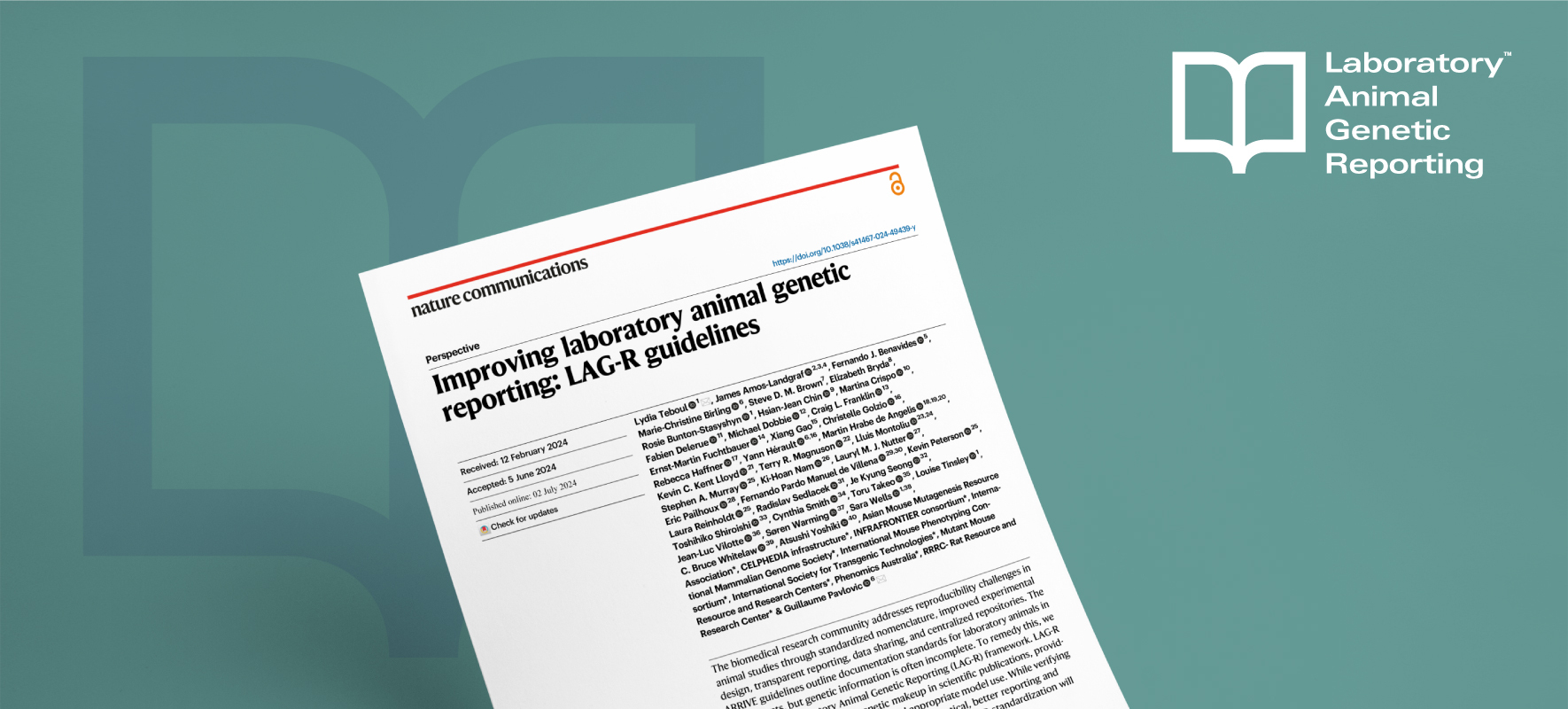This Autumn, MRC Harwell is running a Technical Training week from 15–19th October.
Since running their first training workshops in the summer of 2017, the MRC Harwell Institute have been steadily expanding their repertoire of training courses in the areas of genetics, in vivo skills, bioinformatics and laboratory and technical skills. The second week of the forthcoming Autumn Workshops will again focus on technical training, and include a repeat of the popular mouse necropsy and cut-in courses, but will also offer three brand new entry-level courses in histology, microscopy and proteomics. These one-day workshops are aimed at technicians, students, technical staff and scientists and serve to provide overviews of basic techniques and equipment. All courses also have practical components, and so deliver taster sessions of routine procedures. The technical training workshops provide trainees with a better understanding of the options and considerations around sample collection and processing prior to performing common procedures, and so encourages them consider their end goals prior to choosing protocols. Mouse necropsy 15th October 2018This course provides a basic training in standard mouse necropsy procedures. It includes video footage, demonstrations and practical sessions presented by experienced technicians. The course covers the approach for the dissection and collection of 40 tissues, including the male and female reproductive tracts. Additional course content includes emergency openings, examples of gross pathology findings and a session on how to describe and report abnormal findings in necropsy. Mouse tissue cut-in and processing 16th October 2018This course follows on from the one-day mouse necropsy course. It covers considerations for the treatment of tissues collected at necropsy, some of the routinely used solutions and the cutting in of tissues in preparation for histological processing and embedding. The course includes demonstrations and practical sessions presented by experienced technicians. Introduction to histology 17th October 2018This course provides a basic overview of the main steps involved in routine histology with an emphasis on the mouse. It covers the application of histology in research and the importance of using different techniques in tissue processing, sectioning and staining. The course includes demonstrations and practical sessions presented by experienced technicians. Introduction to microscopy 18th October 2018This course covers the development of the microscope and very basic principles of microscopy. An advanced knowledge of physics, maths or optics is not required, merely a sufficient level to enable trainees to understand why it is necessary to adjust a microscope for optimal imaging, and how to do this. Proper adjustment of the microscope avoids eyestrain, is time-saving and avoids acquiring artefacts in the final image. The course focuses principally upon setting up a brightfield microscope for Köhler illumination. The principles of fluorescence and confocal microscopy are also discussed briefly and the operation of the confocal microscope is demonstrated, and is followed by practical sessions. Course leader Jeremy Sanderson says: ‘Scientific images are not just pretty pictures but underpin experimental hypotheses. It is important to adjust the microscope to collect the best images possible. Unlike other scientific instruments – which may not work unless set up correctly – a poorly-adjusted microscope can still deliver an image, but one which is useless. It is all too easy for this to happen unwittingly; to waste time and to collect erroneous images. This course enables you to understand how microscopes work, so that you can select the right instrument and set it up correctly.’ Introduction to proteomics 19th October 2018 This is a one-day course comprising of lectures and practical demonstrations. It is intended to provide a basic understanding of how proteins are made, their functions and approaches that can be used to investigate their various roles in biological systems. For more information click here Book a course now



